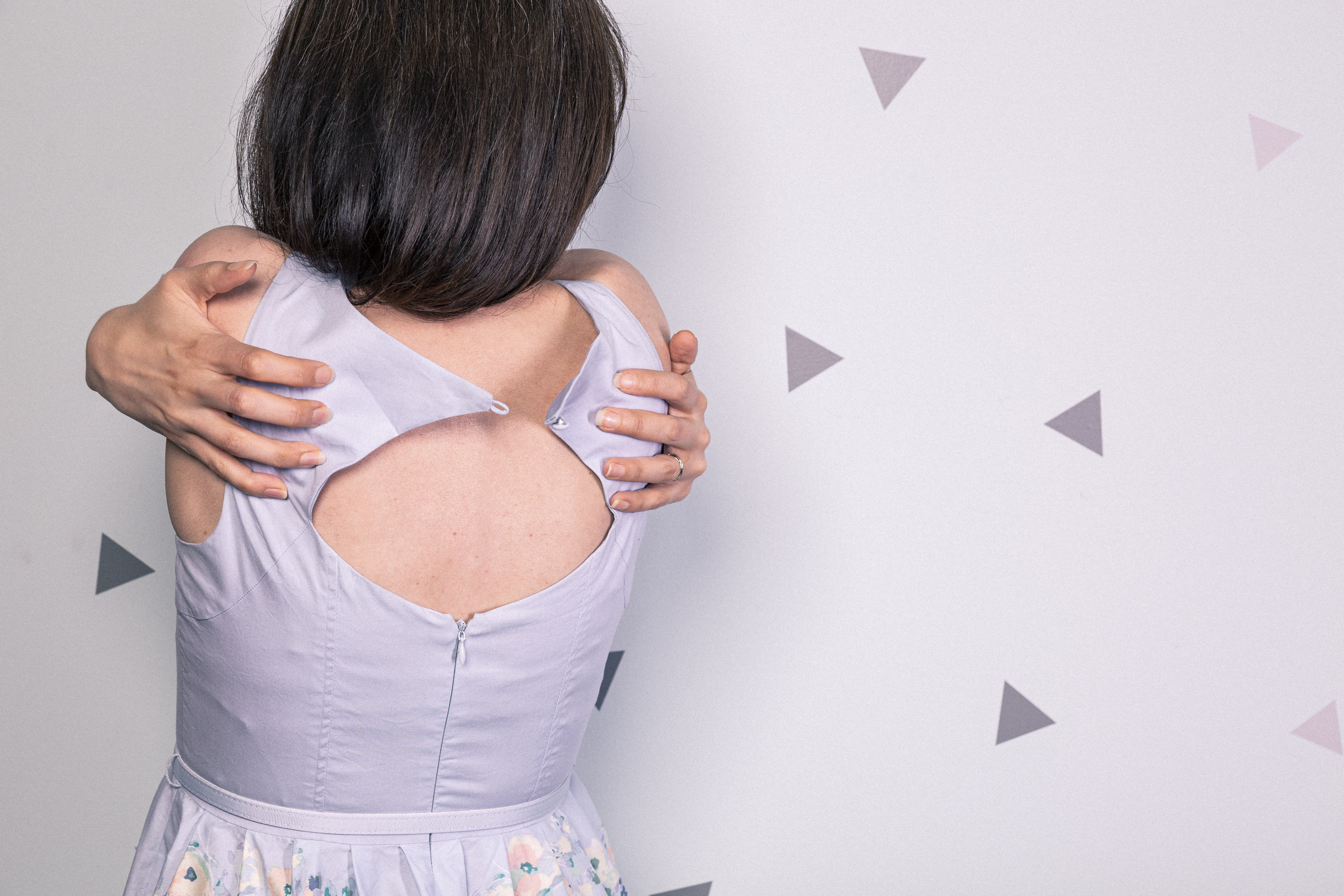We routinely talk about self-love and self-care, but have you ever thought about whether you genuinely like yourself?
If you struggle to like yourself then it might manifest as anxiety, but your anxious thoughts are symptoms of a deeper hurt inside.
We all have moments of frustration with ourselves, it’s how we grow. But there is a big difference between self-awareness and growth, and self-criticism and loathing.
If you automatically worry that others won’t like you, it’s possible that you don’t like yourself to begin with. It’s one of the toughest things for clients to admit in therapy and it can come with a great deal of shame, but also immense relief.
Here are some of the signs:
1. After an interaction, you ruminate.
Immediately after speaking to someone, you worry about how you came across. You kick yourself for the ‘stupid things’ you said and wish you could have a do-over.
2. When you fail, you criticise.
You are pretty tough on yourself. When you fail at something, even something as small as forgetting your keys, you are so angry with yourself. You call yourself names that you wouldn’t use on anybody else.
3. You often feel like you are a burden to others.
You worry that people just put up with you or that you’re annoying or irritating. You don’t share your worries easily, preferring to put on a happy face and pretend that everything is fine. There are lots of ‘shoulds’ in your world: ‘I should be over this by now. I should be able to handle this myself.’
4. You are hyper aware of what other people need.
You give endlessly. You will be there for any friend in need and put great thought into things like gifts or arranging parties. Conversely, when you’re sharing your own stuff you talk rapidly, so as not to take up too much air-time.
5. You believe that one day your friends or partner will dump you.
For you, there is an inevitability to this and you subconsciously spend time mentally preparing for it. You may even push people away to avoid dealing with a future rejection. It’s important for you to stay in control to avoid getting hurt.
So what can you do about it?
What I’ve described here are the thoughts and behaviours that go alongside not liking yourself. It might strike a chord with you because you do or feel many of these things.
But identifying thoughts and behaviours is just the beginning; it’s important to go deeper. Next is understanding how they influence you. Do they impact your daily life? How do they hold you back?
Getting specific
The next steps are figuring out what you don’t like about yourself, and why that might be.
You may assume that disliking yourself is a vague feeling that encompasses your whole self. But it’s unlikely to have started out that way. There will be parts of you that trigger more shame than others.
What behaviours or personality traits spring to mind?
Figuring out why
Understanding the cause of why we feel this way is an important step in healing. It isn’t about blame or absolving yourself of responsibility. But it can be helpful to explore how you built this picture of yourself.
Difficult childhood experiences such as divorce, abuse or bullying can have a profound effect on the way we view ourselves. Though sometimes it isn’t an immediately obvious event. You may have had a seemingly innocuous upbringing, but probe further and you realise that some personality traits were reinforced by your family.
Perhaps you were told that you were too shy, too lazy or just ‘too much’? You grew up feeling that parts of you were wrong or needed work. You’ve carried these beliefs into adulthood, even when they’re not longer applicable.
The process of unravelling how you feel about yourself is one that most of us will avoid, if we possibly can. But most of my clients have got to a stage where anxiety is taking over and avoidance is no longer an option.
A key part of the healing process is finding someone that you feel completely safe with, who provides space for you to be the real you, without feeling judged.
It acts as mirror. When you experience someone who accepts and likes you just as you are, you can begin to feel the same.


